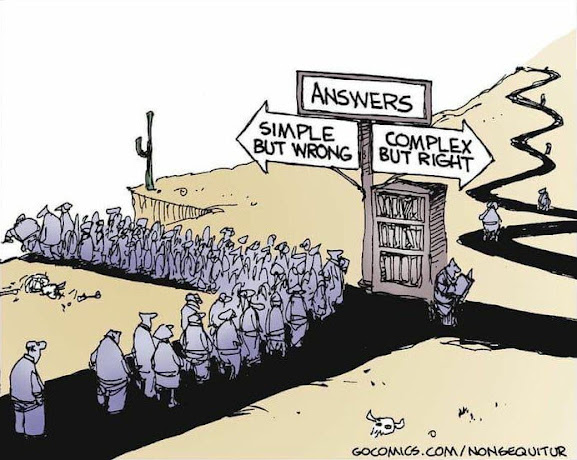Need for Logical Schema
In order to effectively exchange information, a logical schema is necessary. Why? Because, without that logical schema you simply cannot prove to yourself or others using the information that the information represented is not "garbage". Without a logical schema you simply cannot prove to yourself that you have represented the information correctly. Further, without a logical schema anyone trying to make use of that represented information cannot understand how to do so and cannot verify for themselves that the information represented is not garbage.
That is the fundamental purpose of the Seattle Method which I have summarized in the document Purpose of Seattle Method. In that document I provide 9 verification categories. That last "Other" is a catch all where additional verification can be added. I have combined two math related verification categories that I had separated out because of an XBRL related idiosyncrasy. These are the seven MINIMUM verification categories that seem to be common to every area of knowledge:
- Physical syntax format needs to be consistent with the applicable technical specification.
- Mathematics logic of information represented needs to be right. (Combines two items from document)
- Model structure logic needs to be consistent with expectation.
- High level continuity logic between structures should not be contradictory or inconsistent.
- Type-subtype logic need to be consistent with expectations. (a.k.a. wider-narrower; general-special)
- Structure’s mechanics logic of each structure needs to be consistent with expectations.
- Information package content needs to be consistent with the expectations. (what is provided is consistent with what is deemed required to be provided)




Comments
Post a Comment